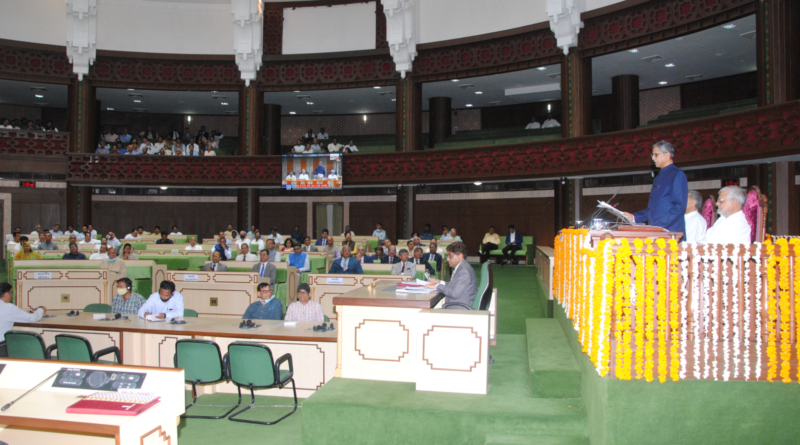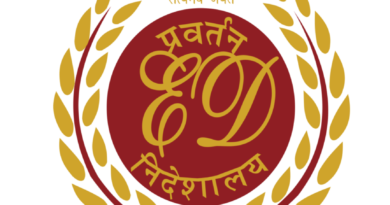Prolong Separation From Family and Society Can Have a Detrimental Impact on the Mental Health of an Inmate.CJI N.V Ramana
(Judicial Quest News Network)
Chief Justice of India N.V. Ramana on Saturday has emphasised that inmates should be in constant touch with their family members with ease. The prolonged incarceration of under trials needs urgent attention.Delivering his speech at 18th All India Legal Service Authorities meet at Jaipur, CJI said that “Another great initiative launched today is that of e-Mulakat. Prolonged separation from family and society can have a detrimental impact on the mental health and socialisation of an inmate. Through this initiative, the families and well-wishers of inmates can be in constant touch with them with ease. The eParole application is another great initiative through which inmates can have continuity of social existence and interaction”
CJI has applauded the four main schemes launched for the prisoners interest E-Mulaqat, E-Paroles, E-Prisons and New Legal Aid management portal & Mobile app.
He appreciated the journey of NALSA which is spanning over 27 years and enabled 80% of the population to claim benefits under the NALSA Act; he said that the world’s most advanced democracies/nations do not carry out legal aid at such a massive scale.
CJI has further said that “27 years in my interactions with foreign dignitaries, it generates great admiration. Even the world’s most advanced democracies do not carry out legal aid at such a massive scale. This has been possible only due to the cooperation of all the stakeholders: the Government of India, State Governments, judges from the Constitutional Courts to the District Courts, panel lawyers, para legal volunteers and the staff of the legal services authorities. The success of NALSA and the legal aid movement is attributable to the joint effort of all involved.”
CJI also highlighted the E-prisons the new initiatives under the E-prisons portal which is a step towards transparency and expediency, keeping the interests of the prisoner at the core. Now, all relevant information regarding an inmate, such as the details of their incarceration and pending court cases are just a click away.
He also emphasised that NALSA had launched an e-Parole application through which inmates can have continuity of social existence and interaction.
A grave issue affecting our criminal justice system is the high population of under trials in our prisons. Out of 6.10 lakhs prisoners in India, around 80% are under trial prisoners. Efforts like the Release_UTRC@75, brings back the spotlight on the necessity of continuously reviewing the existing under trials for their faster releases. However, our goal should not be limited to enabling mere early release of under trial prisoners. Rather, we should question procedures which lead to such prolonged incarceration in huge numbers without a trial. Said CJI.
He said that The NALSA Online Mediation portal for commercial Mediation is the first Online Dispute Resolution (ODR) platform in the Government Sector. As we know, the government is the biggest litigator in the country.
CJI has also elaborately responded to the concerns of Union Minister for law and Justice Kiren Rijiju.
There is an urgent need to fill up the judicial vacancies and expecting the Government to revising CJI’s proposal to creation of independent authorities for development of judicial infrastructure at the national and state level. Before I conclude, I would like to say a few things about the issue of pendency. I am glad that the Hon’ble Minister has referred to this issue. I have been repeatedly highlighting two problems that the judiciary is encountering. Judicial vacancies and judicial infrastructure. I hope the Government expedites the process of filling up of judicial vacancies. NALSA, as you all are aware and as is widely acknowledged, is a highly successful model. In similar lines, I had proposed creation of independent authorities for development of judicial infrastructure both at national and state level. Unfortunately it did not take off. I hope the Government of India revisits the proposal.




